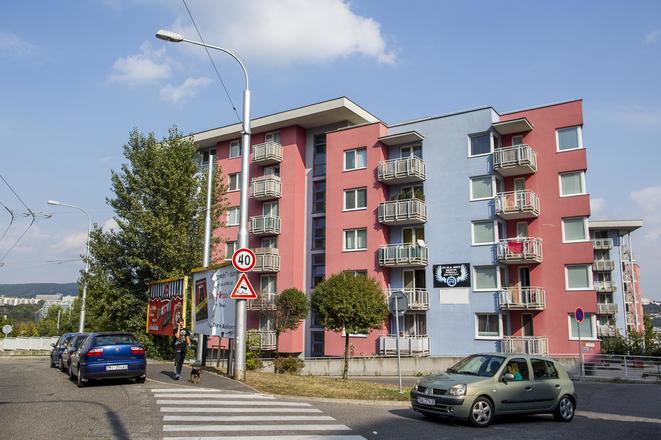The property price increase in the Czech Republic is the fastest in the European Union, according to Jiří Rusnok, the governor of the Czech National Bank (ČNB). Slovakia faces a very similar, in some areas even more rapid boom in property prices. Have both markets reached the state of a price bubble that is going to burst soon?
In the Czech Republic, average prices of apartments have risen by more than 40 percent since 2010; the increase occurred mainly in the past two years. The situation in Slovakia is similar: in the past year only, the prices of one-bedroom apartments have risen by 16 percent, while in Nitra and the surrounding area, it was 17 percent for all apartments. Both countries have moved to the top positions in the chart of capital cities with least affordable housing based on monthly income. Specifically, in Prague one can afford to buy only 0.37 square metres of an apartment from an average monthly wage. In Bratislava, it is even less (0.36 square metres). For comparison: the situation in Paris is corresponding (0.39 square metres), but the other end of the chart shows Vienna (0.58 square metres), Estonia’s Tallinn, (0.60 square metres), Berlin (0.61 square metres) or Rome (0.83 square metres). An anomaly is Greece’s Athens with 1.41 square metres.
Even though the survey conducted by Re/Max network was methodically imperfect (it compared the average price of apartments in capital cities with the average wage in the whole country, whereas the wages in capitals are higher), the message is clear: housing in both Prague and Bratislava is expensive.
The base of the property price explosion in the Czech Republic and Slovakia is identical.
Good economic situation and extremely easily available mortgages have created room for mass buying. In Prague, these factors were joined by a recent rent deregulation and significant administrative obstacles for real estate developers of new projects that even forced some foreign investors to leave the market. Another factor is shared economy and apartment rentals for tourists – especially in the centre of Prague – via platforms like Airbnb.
Airbnb alone is annually used by more than 600.000 tourists, which causes the profits from apartment rentals to surge. Therefore, centrally located apartments are even more attractive for investors.
What can be done about this situation? ČNB has recently restricted the availability of 100 percent mortgages, hoping for a decrease in demand for apartments. However, the effect of this step will probably be weak. It can be proved by the Slovak market where the National Bank of Slovakia reduced 100 percent mortgages over a year ago with minimum impact. It is still unclear what the effect of further restricting valid from March 2017 will be. It requires a financial reserve and tests the ability to pay the mortgage with an interest rate higher by 2 percentage points in comparison with the recent interest rate level.
ČNB, however, has an instrument that Slovakia is missing: interest rates adjustments. If ČNB is serious about the market restriction, it must increase the interest rates, which is supported by rising inflation and a relatively stable exchange rate after the end of interventions.
Anyhow, until the demand for property and its supply come to an equilibrium, prices will not have a reason to drop.
Author: Peter Bukov, chief analyst of TopForex

